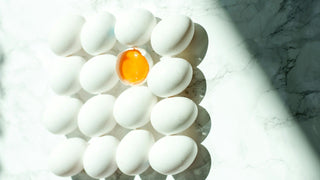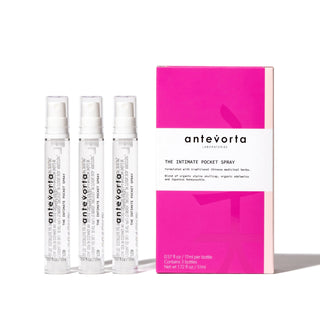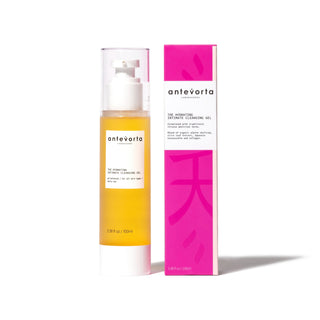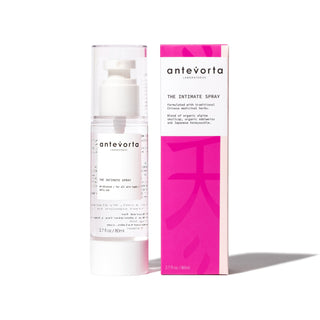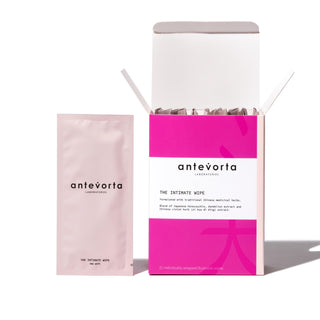When it comes to fertility and hormonal health, we often focus on hormones, ovulation, and age. But in Traditional Chinese Medicine (TCM), the conversation begins much earlier—with something deeper, more vital: Jing (精).
Often translated as "essence," Jing is your foundational life energy. It’s the ancient Chinese key to understanding not just your fertility, but your vitality, longevity, and even the quality of your eggs.
What Is Jing, and Why Does It Matter?
In TCM, Jing is one of the "Three Treasures" of health, along with Qi (vital energy) and Shen (spirit). Jing is stored in your kidneys and inherited from your parents—your constitutional blueprint.
But unlike Qi, which you replenish daily through breath, food, and rest, Jing is finite. You’re born with a set amount, and life slowly depletes it through stress, illness, aging, childbirth, and poor lifestyle habits.
Egg quality, then, isn’t just about age—it’s about how well your Jing is being preserved or nourished.
Egg Quality = Kidney Essence
In Western terms, we talk about “egg quality” in the context of fertility: chromosomal health, follicular development, and the ovarian environment. In TCM, this corresponds directly to Kidney Jing and Yin.
- Strong Jing = vibrant, healthy eggs, regular ovulation, better reproductive resilience
- Weak Jing = lower egg quality, irregular cycles, early ovarian decline
That’s why many TCM-based fertility treatments begin by tonifying the kidneys—supporting this root energy source to strengthen your reproductive landscape from the inside out.
Signs Jing May Be Depleted
Even if you're not trying to conceive, Jing matters. Low Jing may show up as:
- Premature graying or hair loss
- Low libido or hormonal imbalance
- Fatigue that isn’t fixed by rest
- Tinnitus or lower back weakness
- Irregular or scanty periods
The common thread? These symptoms reflect deep depletion, not just surface-level imbalance.
Nourishing Your Jing: Foods, Herbs, and Habits
Eat Jing-Replenishing Foods
- Black sesame seeds, walnuts, goji berries, and black beans are classic Jing foods
- Bone broth, lamb, eggs, and seaweed also nourish kidney essence
- Avoid overconsumption of raw or cold foods that weaken digestion (and Qi)
Herbs That Support Jing
Always consult a TCM practitioner, but some traditional herbs known to nourish Jing include:
- He Shou Wu (Fo-ti): Supports hair, fertility, and kidney essence
- Goji Berry (Gou Qi Zi): Nourishes Liver and Kidney Yin
- Shu Di Huang (Rehmannia): Deeply nourishes blood and essence
Lifestyle Is Everything
- Sleep deeply and early—ideally before 11pm, when kidney energy is most active
- Avoid overstimulation, overexercising, and chronic stress
- Embrace gentle yin practices: tai chi, qigong, yin yoga, meditation
Egg Health Beyond Age
The TCM view offers a radical shift: your fertility is not doomed by age, but deeply connected to how you live, how you nourish, and how you care for your essence.
By supporting your Jing, you’re not just improving egg quality—you’re fortifying the very foundation of your being.

